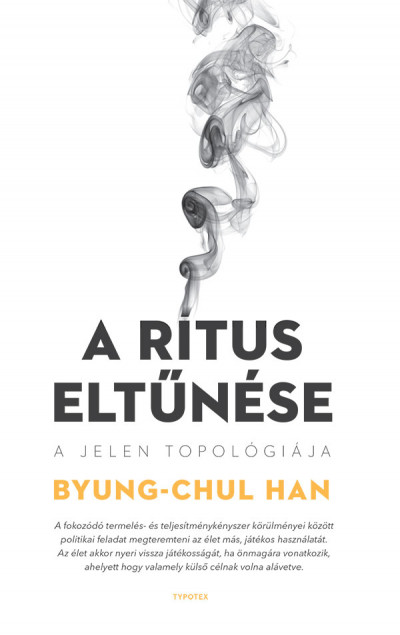What do you think?
Rate this book


120 pages, Paperback
First published January 1, 2019
Es justamente la sensación de vacío lo que impulsa la comunicación y el consumo. La «vida intensa» como lema publicitario del régimen neoliberal no es otra cosa que consumo intenso.